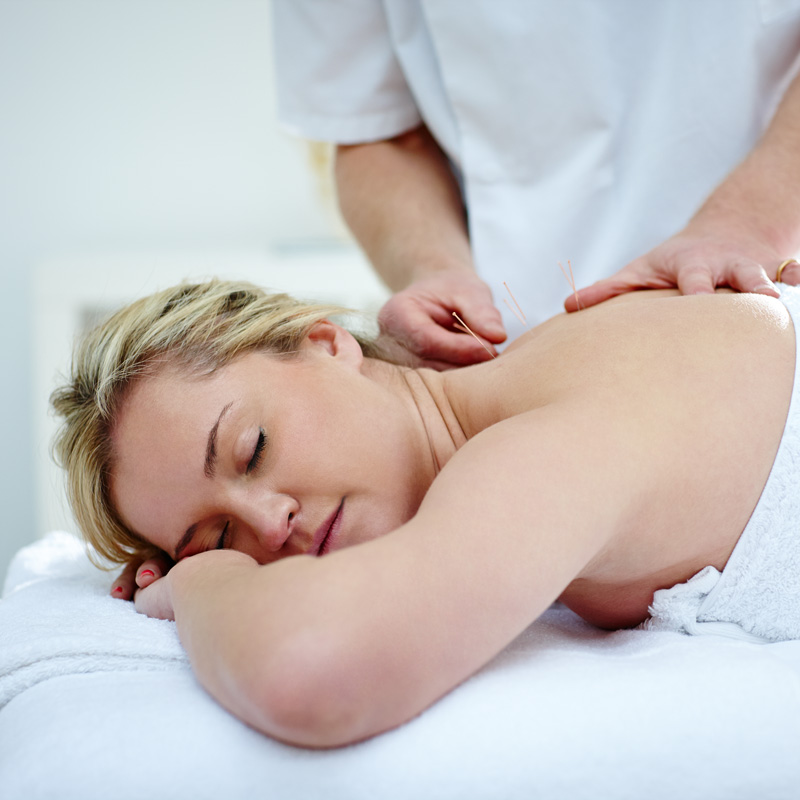Acupuncture
Unlock Your Body’s Natural Healing With Acupuncture
At St. Louis Functional Medicine, we offer acupuncture in St. Louis, MO, which acts as a catalyst that stimulates your body’s natural self-healing process. For more than 3,000 years, acupuncture has been a cornerstone of holistic medicine, helping millions of people find relief from pain, reduce neuropathy symptoms, and restore their overall well-being. Whether you’re seeking relief from a specific ailment or simply looking to improve your general vitality, our licensed practitioners are here to guide you toward a balanced and pain-free life.

Restore Your Body’s Natural Balance
Traditional Chinese medicine views health as a harmonious balance between two opposing forces: yin and yang. When these forces are in sync, your body functions optimally. This balance is maintained by the flow of energy, known as “qi” (pronounced “chee”), which travels along specific pathways or meridians in the body.
Life, stress, and injury can disrupt this flow, acting like a dam that blocks a river. When qi is blocked, it can manifest as physical pain, illness, or emotional distress. Our acupuncture therapy is designed to gently release these blockages. By stimulating anatomical points, we help re-establish the smooth flow of energy, allowing your body to regain its natural equilibrium and function at its best.

A Modern Approach to Pain Management
While its roots are ancient, the benefits of acupuncture are supported by modern science. Western medicine recognizes that acupuncture stimulates the central nervous system, triggering the release of the body’s natural chemicals, such as endorphins, immune system cells, and neurotransmitters. These biological responses can alter the way your body experiences pain and promote a profound sense of physical and emotional well-being. Our treatments are particularly effective for:
- Chronic Pain – Acupuncture manages persistent conditions such as back pain, neck tension, and joint issues.
- Cancer Support – This approach alleviates unwanted side effects of chemotherapy and radiation, such as nausea and fatigue.
- Stress Relief – Acupuncture regulates blood pressure and heart rate to induce a state of deep relaxation.
Experience the Power of Acupuncture
Acupuncture offers a safe, drug-free path to relief that addresses the root cause of your discomfort rather than just masking the symptoms. By combining ancient wisdom with modern understanding, St. Louis Functional Medicine provides a comprehensive approach to your health. If you’re ready to release blocked energy and stimulate your body’s healing potential, contact us today to schedule a consultation. Let us help you achieve the wellness you deserve.
